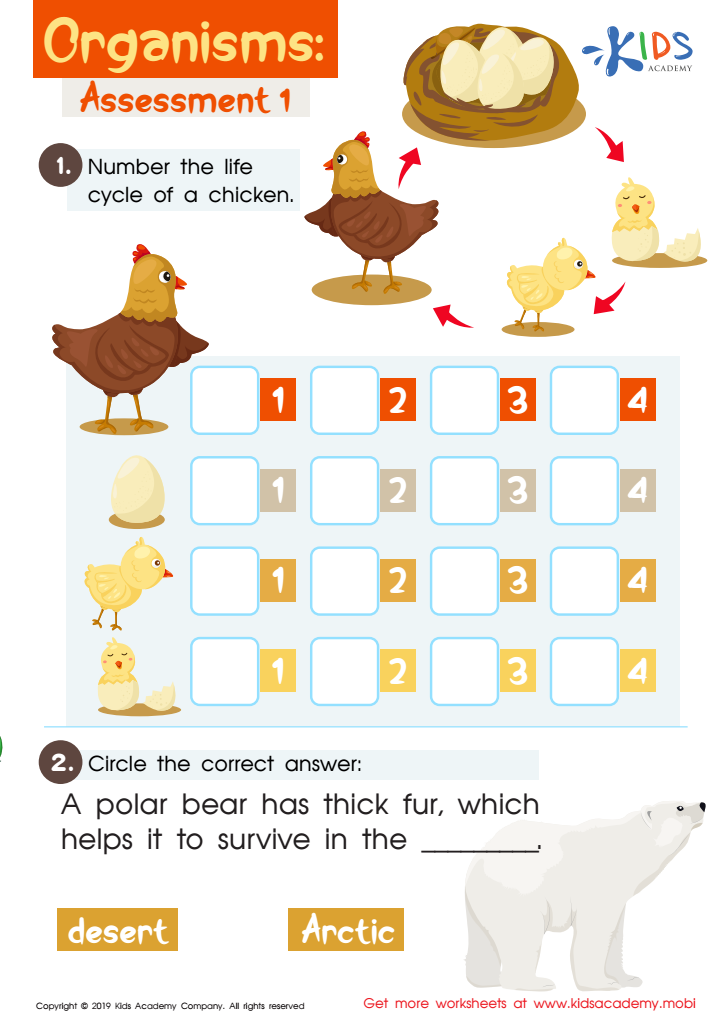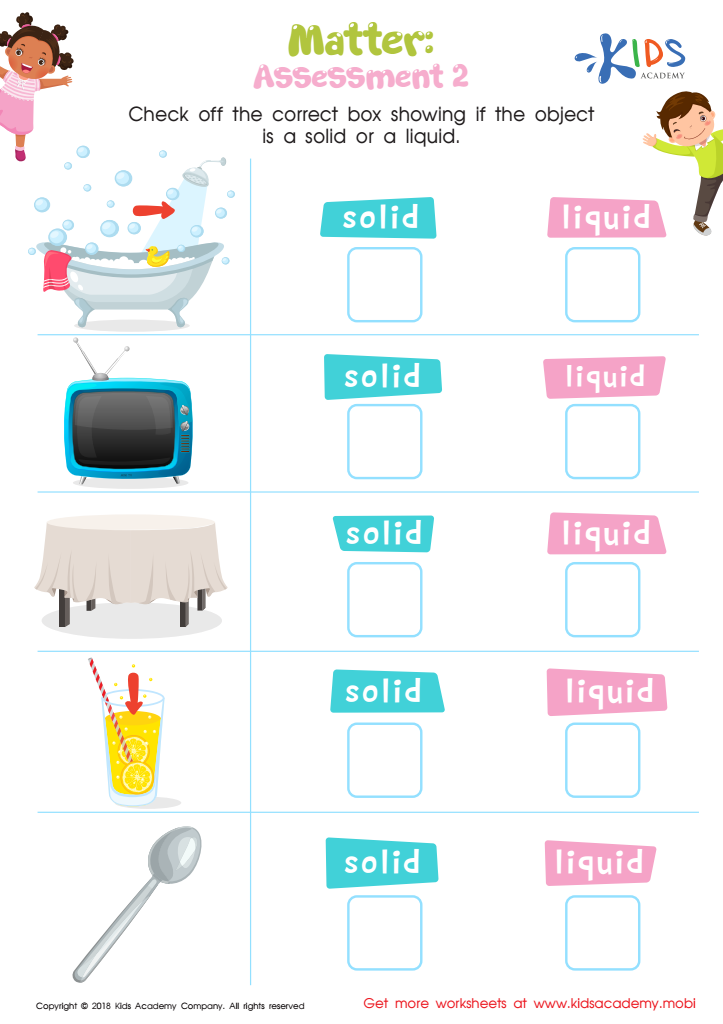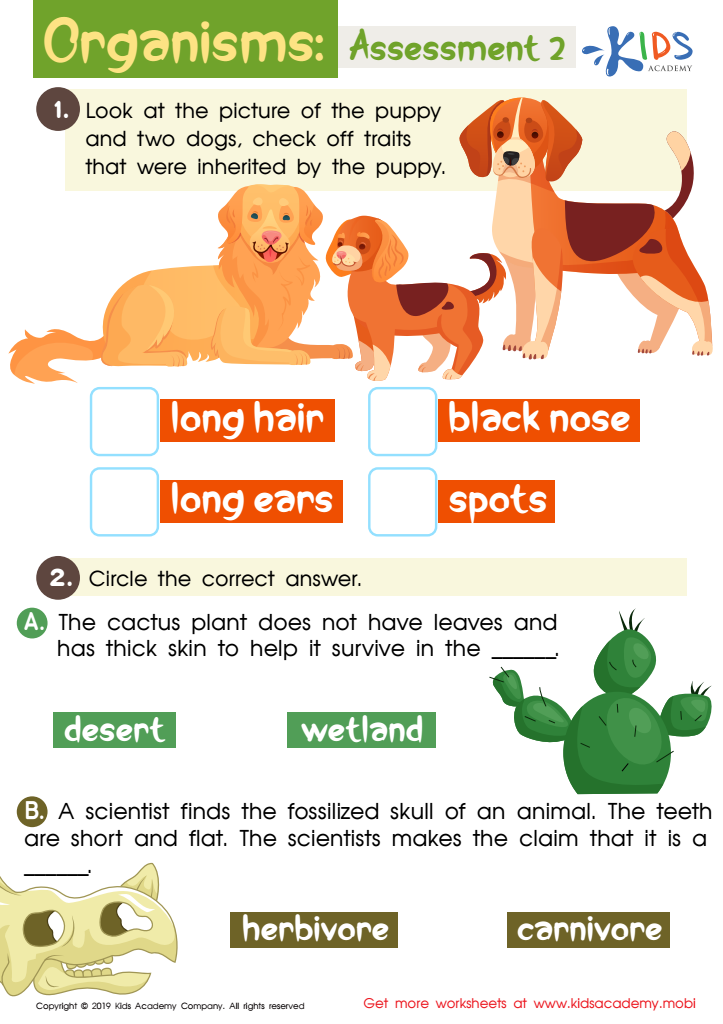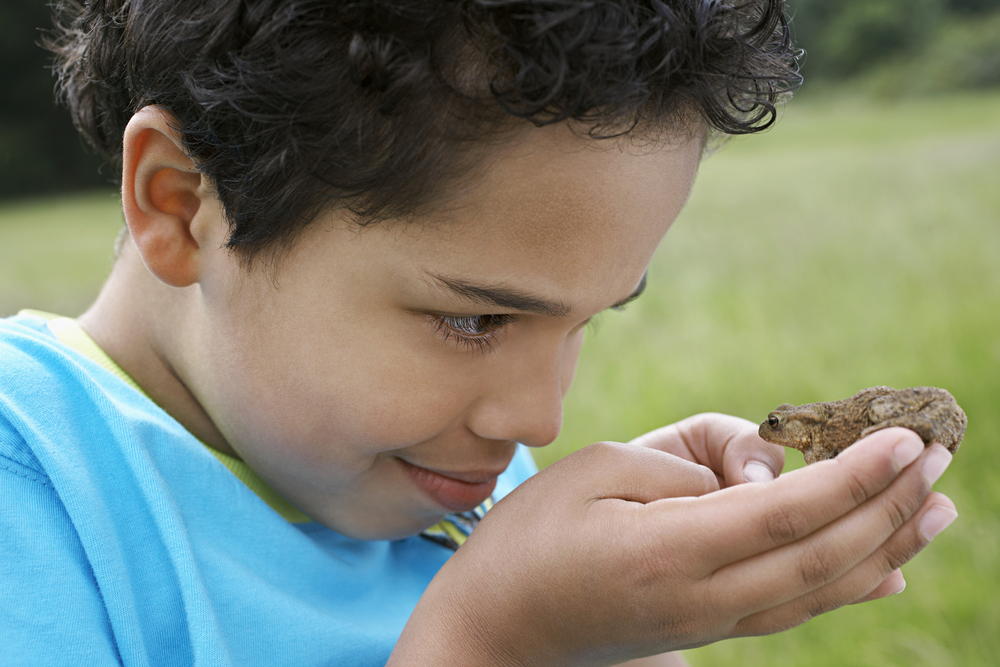Science worksheets activities for 8-Year-Olds
6 filtered results
-
From - To


Matter: Assessment 1 Worksheet


Organisms: Assessment 1 Worksheet


Ecosystems: Assessment 1 Worksheet


Matter: Assessment 2 Worksheet


Ecosystems: Assessment 2 Worksheet


Organisms: Assessment 2 Worksheet
Science worksheets activities serve as an essential tool in the educational landscape, offering a multifaceted approach to learning that can significantly enhance a student’s understanding and interest in the vast world of science. These structured exercises are carefully designed to complement theoretical knowledge with practical application, making the learning process both engaging and effective.
Firstly, science worksheets activities help in reinforcing the concepts taught in class. By working through problems and experiments outlined in the worksheets, students can better grasp the principles of science, from the basics of biology to the complexities of physics and chemistry. This reinforcement is critical in ensuring that students not only memorize facts but also understand the underlying concepts, fostering a deeper comprehension of the subject matter.
Additionally, these activities encourage critical thinking and problem-solving skills. Science is not just about knowledge; it’s about inquiry, exploration, and discovery. Through the structured yet open-ended questions often found in science worksheets, students are prompted to think critically, ask questions, and devise solutions, thereby honing skills that are invaluable not just in science, but in life.
Moreover, science worksheets activities cater to a variety of learning styles. Whether a student learns best through visual aids, hands-on experiments, or reading and writing exercises, there’s a worksheet that can meet their needs. This inclusivity ensures that every student, regardless of their preferred learning method, can engage with and benefit from the material.
Furthermore, these activities facilitate independent learning. With clear instructions and objectives, science worksheets allow students to explore topics at their own pace, making learning self-directed and personal. This independence not only boosts confidence but also instills a love for learning, encouraging students to explore science beyond the classroom walls.
Lastly, science worksheets activities make learning measurable. Through the completion of these worksheets, both students and teachers can track progress, identify areas of improvement, and celebrate successes. This feedback is crucial in guiding future learning endeavors and ensuring that students are on the right path to mastering the scientific concepts.
In summary, science worksheets activities are a valuable educational resource. They reinforce learning, promote critical thinking, accommodate different learning styles, encourage independence, and provide measurable outcomes, making them an indispensable part of science education.

 Assign to the classroom
Assign to the classroom

.jpg)










